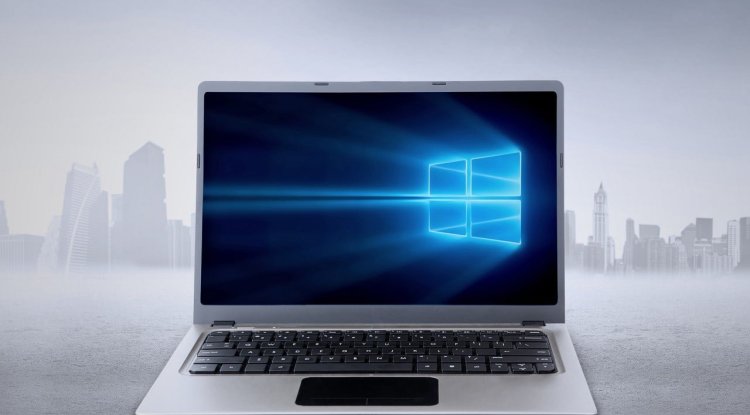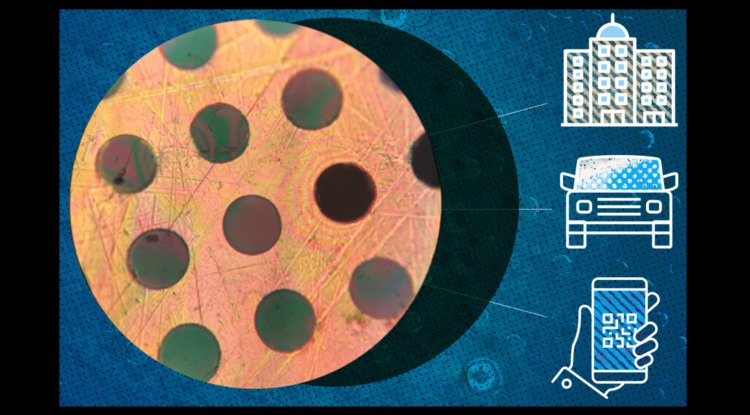Should you turn off your computer?
Most of us have a habit of opening the Start menu and choosing the Shut Down option to turn off the computer when it's done with the computer.

Most of us have a habit of opening the Start menu and choosing the Shut Down option to turn off the computer when it's done with the computer. Here's why we should stop doing that.
Windows 10 and 11 have much more efficient methods for saving power and time than shutting down your computer. The logic of turning off the computer after work is completely in place - it saves electricity, reduces wear of components that work unnecessarily, and reduces security risks.
If instead of shutting down the computer, a better solution is to send the computer to sleep mode. This way it will consume very little power, but it will also be instantly ready to resume operation the moment you decide to reactivate it. With a laptop, it is much simpler and all you have to do is fold the screen and the sleep option will be activated automatically.
On the desktop, the sleep button is located just above the power button and has a pictogram of the moon, so you can't miss it. Some users use the Windows shortcut key + X, then U, and then S.
An alternative is to use hibernation mode, which saves everything you've done from memory and saves the "system image" to the SSD, so you can quickly resume work when you decide.
The logic of shutting down computers for security also makes sense, so people often turn off computers to reduce the risk of someone accessing them when they are not there. However, you should know that when the computer is in sleep or hibernation mode, it is not as easy to access it from a remote location as it is when the computer is in sleep mode. Time, the only resource for which we have not yet found an alternative
Every time you turn off your computer completely, you consciously delay yourself the next time you boot up, which can take some computers. Add to that the activation of all the applications you need, the eventual selection of the music you listen to while working, and that time has accumulated. Even when you do this every day or several times a day, it is clear to you that for some users it is a much better option to send the computer to sleep than to turn it off completely.
After sleeping, the computer does not have to drink coffee and wash to start working, it is enough to wait a few seconds and everything is ready to work. We should not forget that the computer in sleep mode can automatically wake up if you need to look from a remote location or make important updates, without your help.
On the other hand, there are situations in which it is best to turn off the computer. For example, if you know that you will not use it until the end of the day or until tomorrow, there is no reason to "wait" in standby mode, but it is a much better option to turn it off. Also, if you know that you will not use the computer for more than a week, it is strongly recommended that you completely unplug it from the mains, to avoid possible problems with voltage fluctuations or discharges that can damage the computer through the network infrastructure.
Of course, every Windows user knows that Windows, as much as we love it, is a very strange operating system, which has its own nature, and which from time to time likes to do something on its own and completely ignores our commands. Then a reset or shutdown is more than welcome. When you shut down, Windows will restart all drivers and applications, giving you the opportunity to start what you did from scratch. When we turn off the computer, and when we go to sleep
To summarize. If you need to use your computer several times during the day, instead of leaving it idle or turning it off, a better option is to put it to sleep. You will reduce your electricity bill, you will save time when rebooting. At the same time, you will reduce the security risks of a standby computer that may be the target of hackers and other malicious users.
If you know that you will not be there for a while, turning it off is a better option, because it saves electricity and does not burden the components unnecessarily.





































